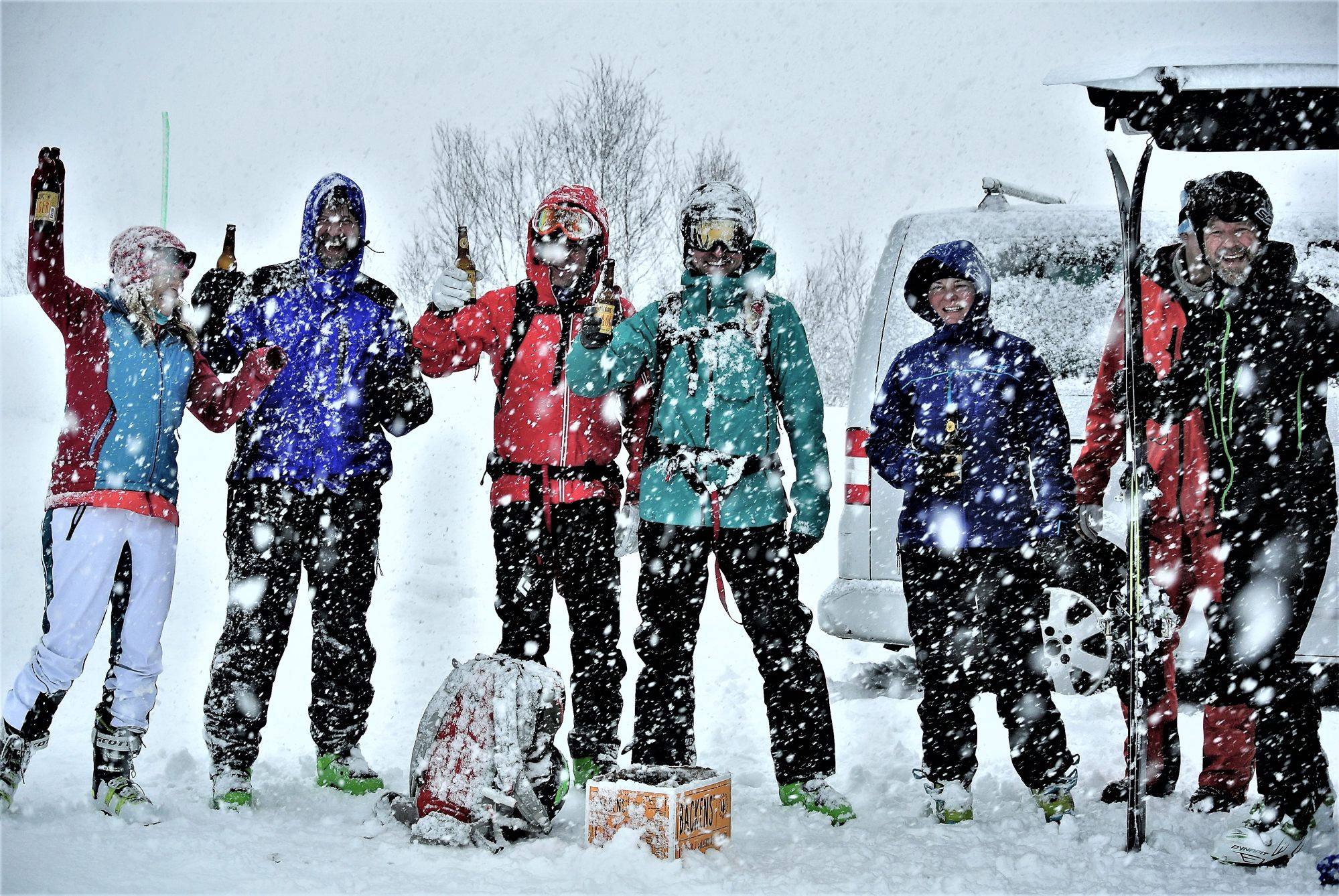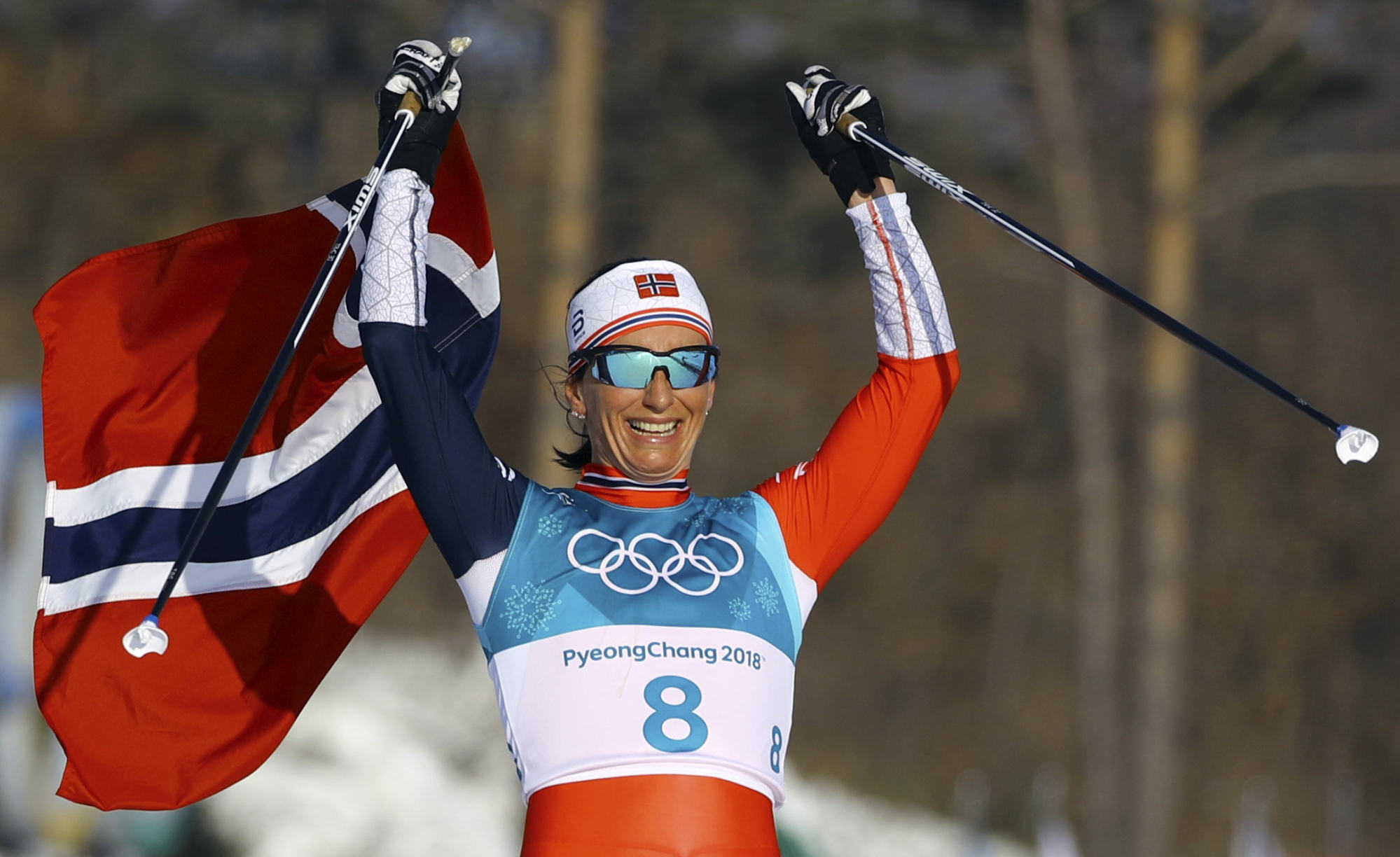
Winter Olympics: Norway’s cross-country skiing dominance should lift it to supremacy once again at Beijing Games
- The Nordic nation is a Winter Games powerhouse, and has routinely dominated cross-country skiing and biathlon
- China’s athletes have been training in Norway since Beijing was awarded this year’s Games
With a population of 5.3 million people, the Nordic nation continually punches above its weight when it comes to the Olympics, and that is largely down to cross-country skiing. Norway has won a staggering 368 medals in the modern Games over 23 editions, the US, with its population of 332 million is second, has 305.
When you take a closer look at the disciplines that feature at the Games, and what sports Norway dominates in, it becomes much clearer. There are 11 biathlon competitions, which involve cross-country skiing and shooting, and 12 cross-country skiing events.
Combine that with the country’s history of an Army that has required its soldiers to do both since the 1800s, and a pattern emerges.
At the 2018 Winter Olympics in Pyeongchang, Norway won eight cross-country skiing-related gold medals in South Korea, and they are predicted to take home 22 gold medals and 45 overall this time around, which would be an improvement on its tally four years ago, when they won 14 gold medals and 39 overall.

According to the People’s Daily, Norway will be sending one of the largest contingencies of athletes and support staff with more than 300 people expected to make the trip inside Beijing’s “closed-loop management system”. A number of Norwegian athletes reportedly travelled early to China to get more training in on the courses they will be racing on.
“Norway is the top medal-winning country in the Winter Olympics,” Signe Brudeset, Norway’s ambassador to China told People’s Daily. “The ambition is to do very well in next year’s event. But we expect that we will have some pretty hard competition, including from Chinese athletes.”
Brudeset also outlined a programme that was launched soon after Beijing were awarded the Games, in sending mainland athletes to the Scandinavian country to train with the best of the best.
“This [China-Norway cooperation in winter sports] is mainly concentrated on cross-country skiing, biathlon and it has also involved ski jumping. This means that many young athletes from China have been in Norway participating and going to our sports colleges where they have also been practising together with Norwegian athletes and Norwegian trainers and coaches,” she said.
“It’s always good to have exchanges of experiences. From our side, we would like to see that more countries get involved in winter sports.”
One of the sorting ideals many pundits have focused on over the years, is how Norway approaches youth athletics. The country doesn’t keep track or scores when it comes to kids until they are 13, which they equate to allowing them to learn to love the sports they play, before they learn to compete.
“A huge amount of Norwegian kids are doing sports, so we have very broad recruiting base, and our top sports programmes and our kids are very closely connected in our system,” Tore Ovrebo, the Norwegian Olympic Committee’s director of elites sports, told USA Today during the Pyeongchang Games.

“They can compete, but we don’t make like No 1, No 2, No 3 before they’re in their 13th year. We think it’s better to be a child in this way because then they can concentrate on having fun and be with their friends and develop.”
Tore added they focus on fundamentals when athletes are young, and make sure they develop social networks around the sports they play as they learn the techniques and strategies that go along with each discipline.
“We think the biggest motivation for the kids to do sports that they do it with their friends and they have fun while they’re doing it and we want to keep that feeling throughout their whole career,” Tore said.

